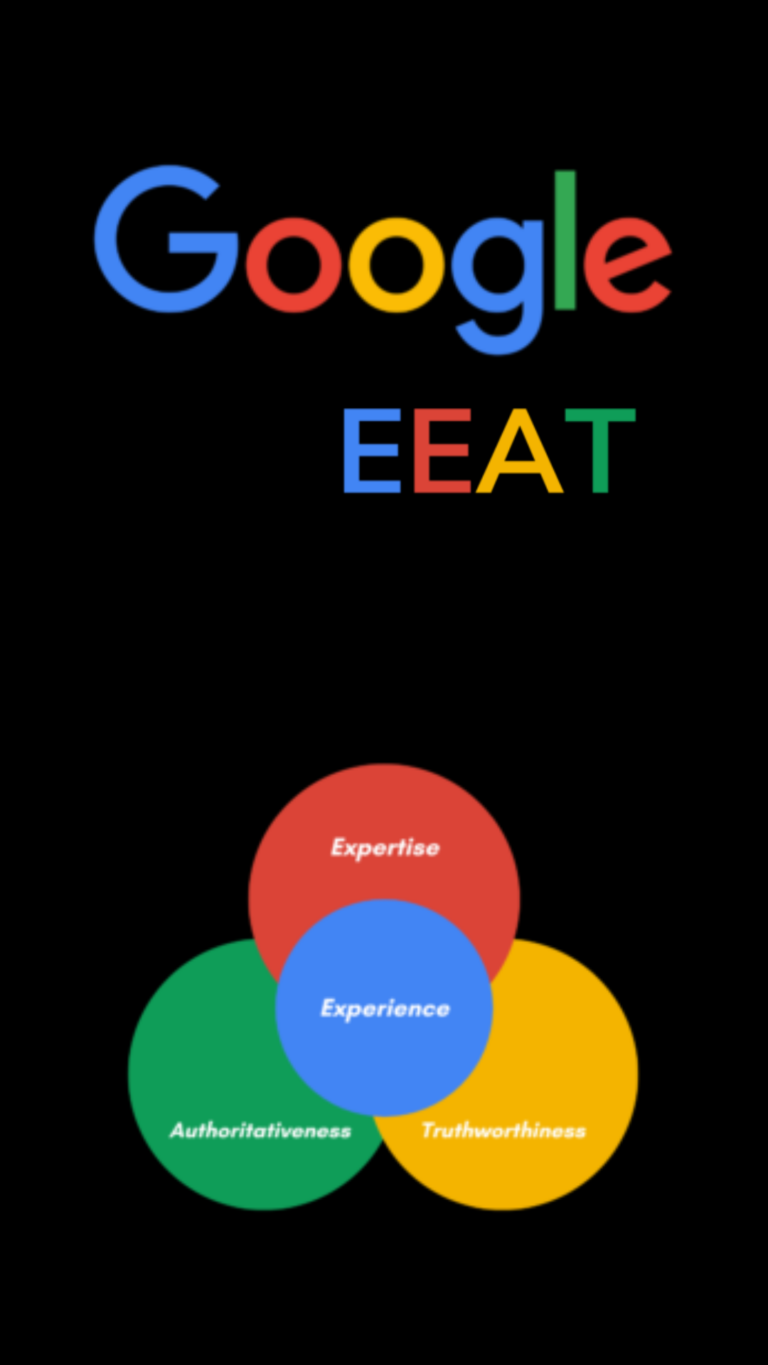Introduction: Bridging AI and Content Creation
AI is an undeniable catalyst for transformation in today’s digital landscape. The transformative force of AI has had a profound impact on content creation and has completely changed the way businesses interact with their audiences. Yet, despite AI’s growing influence, questions persist regarding the ethicality and efficacy of its applications in generating content. This raises concerns about the potential impact on a brand’s search engine rankings and overall Digital Worthiness.
Understanding how AI interfaces with existing business practices, especially with Google’s content assessment parameters, is critical for enterprises aiming to stay ahead. To this end, this comprehensive guide aims to dispel myths and provide actionable guidelines for businesses striving to improve their Digital Worthiness. The focus will be on how quality AI-generated content can effectively serve this purpose.
We’ll first delve into Google’s criteria for evaluating content and discuss how AI fits into this landscape. Next, we’ll touch on the democratizing effects of AI on small businesses, followed by its utility across multiple digital channels. We’ll also address the indispensable role of human oversight and the synergies between AI and customer experience. Finally, we’ll cover ethical considerations and the road ahead for businesses seeking to improve their Digital Worthiness.
Google's Viewpoint on AI-Generated Content: Unpacking E-E-A-T
When discussing AI-generated content, the first point to clarify involves Google’s stance. E-E-A-T, standing for Expertise, Experience, Authoritativeness, and Trustworthiness, remains a pivotal set of criteria used by Google to assess the quality of content. Interestingly, Google does not discriminate between human-generated and AI-generated content; rather, it places premium importance on how well the content fulfills E-E-A-T standards.
For businesses, this marks a significant revelation. It implies that efforts should be geared towards generating high-quality content that aligns with E-E-A-T, irrespective of the source. The focus on E-E-A-T is not merely about SEO benefits but extends to a more holistic aspect: elevating a brand’s Digital Worthiness.

We’ll first delve into Google’s criteria for evaluating content and discuss how AI fits into this landscape. Next, we’ll touch on the democratizing effects of AI on small businesses, followed by its utility across multiple digital channels. We’ll also address the indispensable role of human oversight and the synergies between AI and customer experience. Finally, we’ll cover ethical considerations and the road ahead for businesses seeking to improve their Digital Worthiness.
The Leveling Impact of AI: Small Businesses in the Limelight
AI’s transformative effects are not limited to large corporations with sprawling customer bases and complex content needs. Small local businesses, often operating with fewer resources, can also harness the power of AI to their advantage. AI levels the competitive field by providing a range of automated solutions that can save time, reduce costs, and increase effectiveness for these smaller enterprises.
The integration of AI into digital marketing strategies for small businesses can make a monumental difference. From content generation to analytics, AI offers a range of functionalities that can enrich customer engagement and brand portrayal. The democratizing effect of AI means that a small business can now offer digitally enabled experiences that rival those of more established competitors.
This newfound competitive edge is even more crucial given the burgeoning demands of contemporary digital marketing. With customer engagement shifting towards digital realms, the task of maintaining a robust digital presence can be overwhelming for small businesses. AI acts as an invaluable digital assistant, enabling businesses to meet these challenges head-on, thereby contributing to enhanced Digital Worthiness.

AI Across Channels: More Than Just Websites
AI’s role in content creation is often mistakenly confined to website content. However, AI can be effectively employed across various digital channels—be it in email marketing campaigns, social media posts, or even in crafting automated customer service responses. Its applicability transcends platforms, providing a consistent brand voice that harmonizes customer experiences across multiple touchpoints.
Moreover, the scope of AI-generated content is incredibly broad. Businesses can generate newsletters, blog posts, product descriptions, and many other forms of content that serve specific customer needs. This versatility ensures that businesses can maintain an ongoing, meaningful dialogue with their customers, which is a cornerstone of a digitally enabled experience.
When applied cohesively across all channels, AI-generated content can significantly amplify the brand’s overall digital presence. By offering a seamless customer experience, brands can effectively boost their Digital Worthiness, a key metric for gauging the quality of digitally enabled experiences.
Quality Assurance: The Necessity for Human Involvement
AI’s capacity to generate high-quality content is indeed impressive, but it is not devoid of limitations. While machine learning algorithms can analyze and generate content based on vast data sets, the absence of human oversight can result in a product that lacks nuance or contains inaccuracies. Therefore, a human touch remains essential for ensuring that the content aligns with the brand’s voice and objectives.
In addition to aligning the content with the brand’s voice, a rigorous review process is crucial for validating its accuracy and appropriateness. A dedicated editorial team can offer insights that a machine might overlook, such as cultural nuances or the subtleties of customer sentiment. Furthermore, human reviewers can ensure that the content serves its intended purpose, whether it’s to inform, entertain, or persuade.
Beyond editorial review, humans can provide an invaluable feedback loop to the AI systems. The process of refining and fine-tuning the algorithms is a dynamic one. Through consistent human-AI collaboration, the content generated can improve over time, becoming more aligned with the business’s goals and the needs of its audience. This iterative process, in turn, supports the quest for elevated Digital Worthiness.
Conclusion: The Road Ahead for Digital Worthiness
In the final analysis, the responsible use of AI in content creation offers a multipronged advantage for businesses aiming to scale their digital marketing efforts. The AI-generated content, when managed effectively, serves as a pivotal component in the roadmap towards achieving a higher Digital Worthiness Rating. By abiding by Google’s E-E-A-T guidelines and maintaining a consistent focus on quality and user experience, businesses set themselves up for success in an increasingly competitive digital environment.
The time for businesses to adopt AI-generated content is not in some distant future but now. Given the technology’s current capabilities and its upward trajectory, incorporating AI today offers a competitive edge that is difficult to ignore. Moreover, the integration of AI-generated content into a holistic digital marketing strategy brings brands closer to offering unparalleled digitally enabled experiences, thereby enhancing their Digital Worthiness.
Understanding the intertwined relationship between AI and Digital Worthiness is more than just a strategic move—it’s a necessary evolution in the ever-changing digital landscape. Businesses that recognize this interconnectedness are poised not just for short-term gains but for long-lasting success that truly resonates with their audiences.





